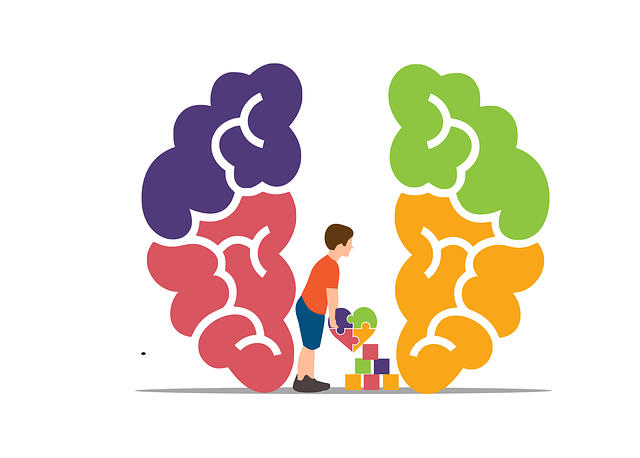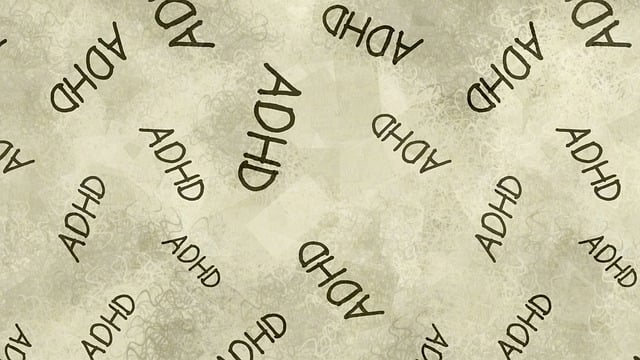Community outreach programs, like Superior French Speaking Therapy, should address unique resident needs through data-driven engagement, setting realistic goals, and regular evaluation. Balancing French language support with cultural sensitivity, building local partnerships, and using relevant therapeutic techniques increases trust and access to mental health care. Program success is measured by assessing immediate outcomes and broader community benefits, integrating successes into local support structures for sustained wellness.
Community outreach programs play a pivotal role in enhancing accessibility to quality healthcare, particularly in diverse populations like French-speaking communities. This article explores strategies for implementing impactful initiatives that cater to unique linguistic and cultural needs. We delve into understanding community dynamics, setting achievable goals, and designing tailored therapy programs. By focusing on the French-speaking population, we aim to highlight the significance of superior language access in healthcare outreach, ensuring long-term sustainability and positive outcomes.
- Understanding Community Needs and Setting Realistic Goals
- Designing Effective Outreach Strategies for French-Speaking Populations
- Measuring Impact and Ensuring Sustainability of Therapy Programs
Understanding Community Needs and Setting Realistic Goals

Understanding the unique needs of your community is a cornerstone when implementing outreach programs. Effective engagement begins with listening to and identifying the specific challenges faced by residents. This process involves gathering data, conducting surveys, and hosting focus groups to gain insights into their priorities, such as mental health support or language assistance services (in this case, focusing on Superior French Speaking Therapy). By prioritizing these needs, organizations can ensure their outreach efforts resonate with the community.
Setting realistic goals is paramount for successful outcomes. Community outreach should aim to foster positive changes by addressing identified issues, promoting well-being, and enhancing resilience. For instance, one goal could be to increase access to anxiety relief resources among French-speaking individuals through tailored therapy programs. Equally important is establishing measurable milestones, allowing for regular evaluation and adjustments to better serve the community’s evolving needs, while also encouraging the development of resilience and positive thinking.
Designing Effective Outreach Strategies for French-Speaking Populations

Designing effective outreach strategies for French-speaking populations requires a nuanced approach that combines superior French speaking therapy with compassion cultivation practices. Understanding cultural sensitivities in mental healthcare practice is paramount. By offering services tailored to meet the specific linguistic and cultural needs of this demographic, organizations can ensure accessible and welcoming environments. This involves not only providing multilingual resources but also integrating trauma support services sensitive to cultural nuances.
A successful strategy may involve community partnerships with local French-language media outlets, cultural centers, and community leaders who can help disseminate information about available services. Additionally, employing bilingual therapists and incorporating culturally relevant therapeutic techniques can foster trust and encourage individuals to seek the support they need. This holistic approach not only enhances engagement but also improves outcomes for those seeking mental health care in French.
Measuring Impact and Ensuring Sustainability of Therapy Programs

Evaluating the success and long-term viability of community outreach programs is paramount to ensure that efforts are making a tangible difference. Measuring the impact of therapy initiatives, such as Superior French Speaking Therapy, involves assessing both immediate outcomes and broader community benefits. This process includes tracking individual participant progress in areas like stress management, inner strength development, and communication strategies through pre- and post-program assessments. By comparing these data points, organizations can gauge the effectiveness of their interventions.
Sustainability is achieved by integrating program successes into ongoing community support structures. This could involve partnerships with local schools or healthcare providers to maintain therapy services, ensuring that acquired skills and knowledge are not only immediate solutions but lasting tools for personal growth and improved relationships within the community. Such efforts foster a culture of well-being where individuals can continue to develop and thrive over time.
Implementing community outreach programs that cater to the unique needs of French-speaking populations is a powerful way to enhance access to quality therapy. By understanding the local context, setting achievable goals, and employing targeted strategies, organizations can offer superior French speaking therapy services. Regular measurement of impact and commitment to long-term sustainability ensure these programs continue to make a positive difference in the lives of those they serve.









